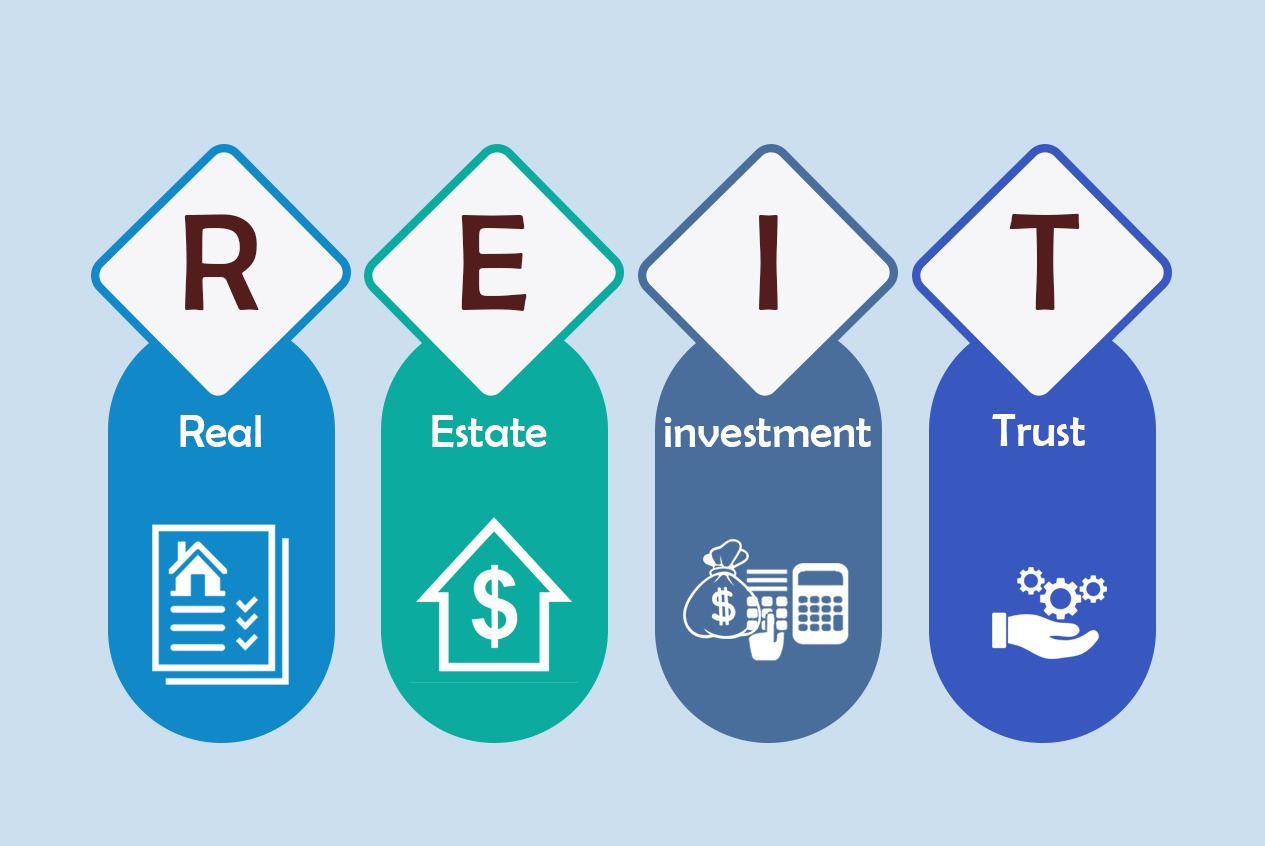As Dubai continues to grow and attract global investors, the government is introducing several important regulations to maintain market stability and encourage long-term investment. 2025 is expected to be a transformative year in the Dubai real estate market, with new laws and updates that will significantly impact investors. Here’s a look at six key regulations every real estate investor should be aware of in 2025:
1. Capital Gains Tax on Short-Term Property Sales
One of the most anticipated changes in 2025 is the introduction of a capital gains tax on short-term property sales. This new tax will apply to properties bought and sold within a short time frame, typically under 12 months. The objective behind this measure is to curb speculative buying, where investors purchase properties with the intent to flip them quickly for a profit. By introducing this tax, Dubai aims to reduce market volatility and promote more sustainable, long-term investments.
For investors, this means it’s no longer just about buying and selling quickly to capitalize on price increases. Instead, the government is incentivizing holding onto properties for longer periods to avoid the tax, which in turn could lead to more stable returns and a more sustainable real estate market in the long run.
This new regulation will likely push investors to rethink their approach and focus on the long-term potential of the properties they purchase, especially in terms of rental income and long-term capital appreciation.
2. Interim Property Registration Law (Law No. 19)
In 2025, the Interim Property Registration Law (Law No. 19) will give the Dubai Land Department (DLD) the authority to cancel sale and purchase agreements under certain circumstances. This regulation is designed to ensure that only legitimate transactions are recorded and that fraudulent or problematic agreements are swiftly identified and canceled.
For investors, this law brings a significant layer of protection. It’s a measure designed to safeguard against any fraudulent activity, guaranteeing that real estate transactions are legitimate. Investors can rest assured that if they’re purchasing property in Dubai, the deal will be thoroughly vetted, reducing risks related to ownership disputes or unclear property titles.
Furthermore, it ensures that only genuine transactions are processed, preventing unscrupulous developers or sellers from bypassing the system and offering dubious deals. This means greater peace of mind for investors and an overall stronger regulatory framework for the market.
3. Real Estate Investment Trusts (REITs) Legislation
The introduction of new Real Estate Investment Trusts (REITs) legislation is another game-changer for investors in 2025. REITs allow investors to purchase shares in property portfolios without directly owning physical property. This new framework will make real estate investments more accessible to a wider audience, providing a flexible and diversified way to tap into the real estate market without the need for large upfront capital.
For those looking to diversify their portfolio or seeking lower-barrier-to-entry opportunities, REITs will offer a compelling solution. This legislation is part of the broader push to make Dubai’s real estate market more inclusive and transparent for both local and international investors.
Additionally, REITs will open up opportunities for small investors who previously couldn’t participate in large-scale commercial developments. By democratizing access to real estate investments, REITs will become an attractive option for many looking to profit from the booming real estate market without the financial burdens of direct ownership.
4. Regulations on Incomplete & Cancelled Projects (Law No. 33)
One of the more investor-friendly laws being introduced in 2025 is Law No. 33, which focuses on incomplete or canceled projects. This law gives the Judicial Committee the power to intervene when a project is delayed or canceled, holding developers accountable for their actions. It also gives investors a clearer path for recourse if a development is halted or does not meet expectations.
The law is designed to protect investors who may find themselves in uncertain situations if developers fail to deliver on time. It provides added reassurance that in the event of project delays or cancellations, there will be legal recourse to ensure investors’ rights are upheld. This gives investors a stronger sense of security when committing to large real estate projects in Dubai.
For those considering off-plan properties, this regulation offers peace of mind. Investors will be more confident that their investments are protected, and developers will face greater pressure to meet deadlines and deliver on their promises.
5. Quality Real Estate Developments Law (Law No. 7, 2025)
In line with Dubai’s commitment to maintaining its reputation as a global leader in luxury real estate, Law No. 7 of 2025 focuses on prioritizing quality over quantity in real estate development. This regulation mandates that developers adhere to stricter standards when it comes to building design, sustainability, and overall quality. It aims to ensure that all new developments meet high environmental and aesthetic standards, which in turn enhances the city’s overall real estate value.
of security when committing to large real estate projects in Dubai.
For investors, this new focus on quality means that properties built under these new regulations will likely hold their value better over time. With an emphasis on sustainability and long-term viability, developments that meet these new standards will attract higher-end tenants and buyers, providing greater returns on investment.
of security when committing to large real estate projects in Dubai.
Investors will need to pay attention to these quality-focused developments, as they will become increasingly desirable in the market, offering both better resale values and long-term profitability.
6. Transaction-Based Levies on Real Estate Deals
Finally, transaction-based levies will be introduced in 2025 to fund public infrastructure projects and stabilize the market. While Dubai will continue to avoid property taxes, these new levies will be applied to real estate transactions, including sales and transfers. The goal is to create a more balanced market by discouraging speculative deals while providing the government with additional revenue for urban development and public services.
Investors should be aware that these levies will add an extra cost to property transactions. However, they are a sign of Dubai’s commitment to maintaining a sustainable and well-regulated real estate market, benefiting both investors and residents in the long run.
While these new levies might seem like an added expense in the short term, they will contribute to the development of better infrastructure and services that will ultimately benefit property owners and enhance the overall market environment.
Final Thoughts
As Dubai continues to evolve as a global hub for real estate investment, 2025 will be a year of significant regulatory changes that will reshape how the market operates. Investors should be aware of these new laws and regulations to ensure they are making informed decisions and to stay ahead of any potential risks. From tax changes to new protections for buyers, these regulations signal a more structured and sustainable market that prioritizes long-term growth over short-term speculation.
Staying informed and adapting to these regulations will be crucial for anyone looking to capitalize on the growing opportunities in Dubai’s real estate market in 2025 and beyond. The changes present both challenges and opportunities, but those who adjust their strategies accordingly will likely be well-positioned for success in Dubai’s evolving real estate landscape.


